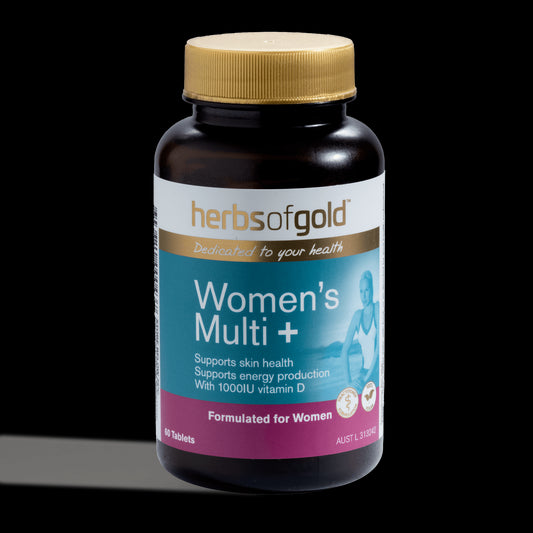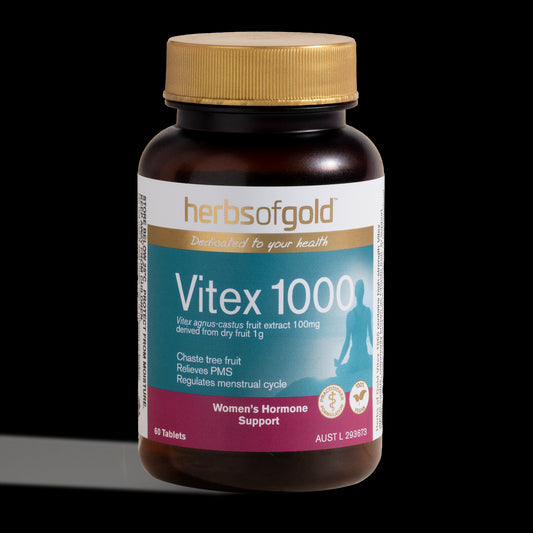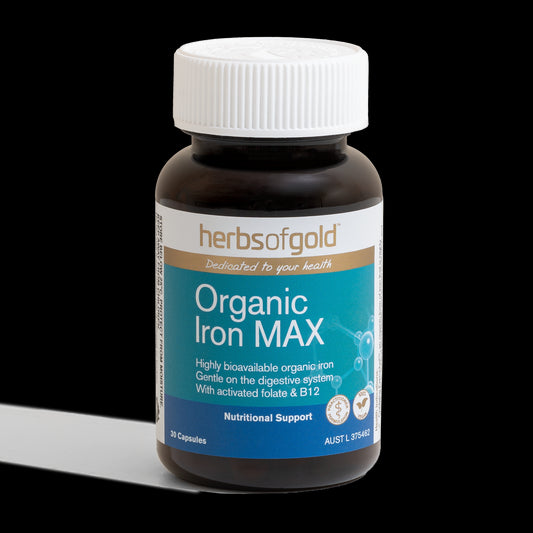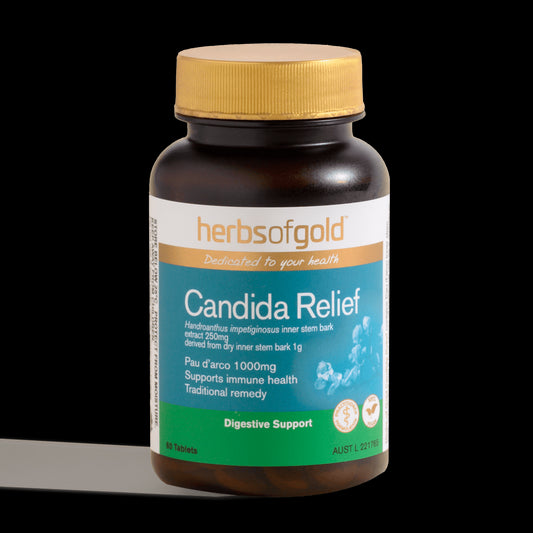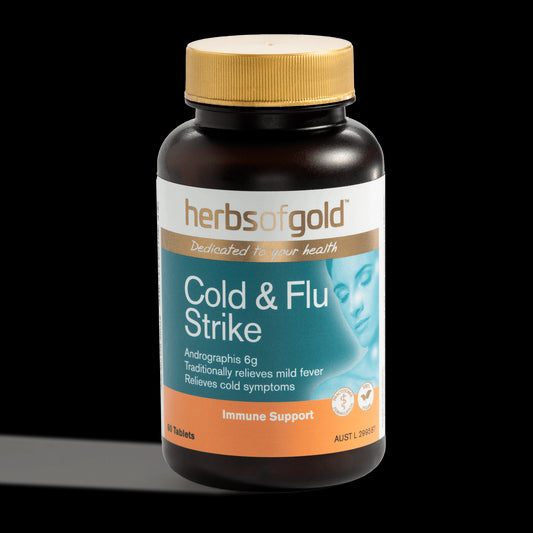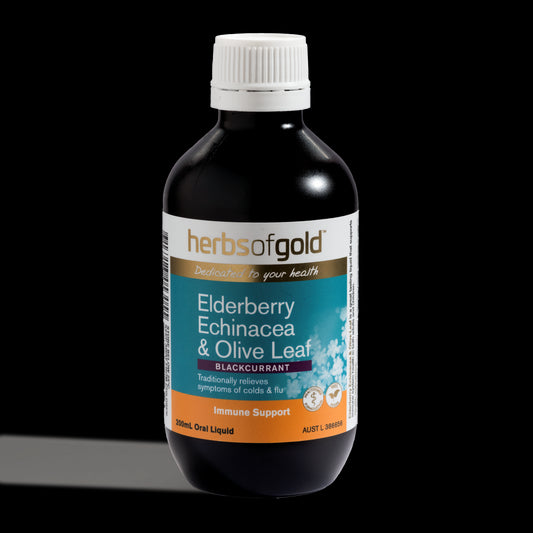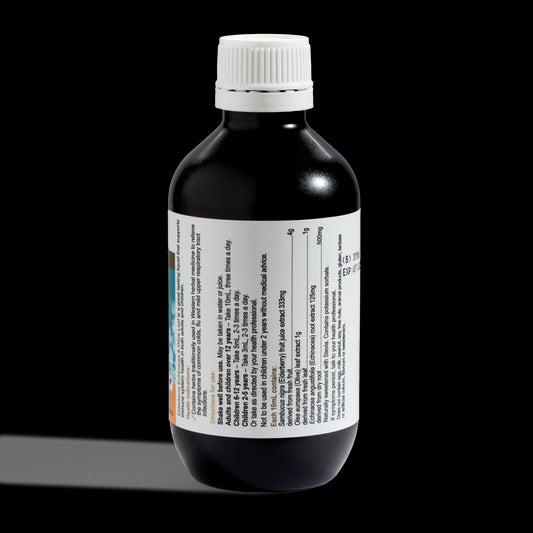1. Menopause doesn’t just land on your doorstep
The period of time to menopause is transitional. From the beginning of experiencing a change in your menstrual cycle to the complete cessation of a period can take anywhere between 3 to 4 years. This time is known as peri-menopause and is identified more so by symptoms, and predominantly not identifiable by a blood test.
A woman is considered likely to be in peri-menopause if she has any three of the following nine changes: heavier or longer periods, shorter cycles, new sore, swollen or lumpy breasts, new onset night waking, increase in menstrual cramps, onset of night sweats, new or increased experience of headaches, new or increased mood swings, or weight gain without change to exercise or eating. A woman is considered in menopause following the full cessation of a menstrual period for at least 12 months.
2. Hot flushes don’t last forever
Hot flushes are one of the most recognisable (and one of the more disruptive) symptoms of perimenopause and menopause. They are described as an intense heat that comes on either slowly or suddenly and lasts anywhere from seconds to ten minutes. While there are a range of theories as to what causes hot flushes, there’s also a range of helpful treatment options so you don’t need to suffer. Herbs of Gold Menopause Relief.
3. Your sleep may change
After hot flushes, sleep disturbance is the second most common symptom of menopause. Sleep changes occur due to the fluctuations in hormones influencing the body’s natural circadian rhythm which controls sleep.
For improved sleep, remember the basics – have a good sleep routine, follow a healthy diet, get adequate exercise and manage stress. Herbs can also provide additional support. Herbs of Gold Sleep Ease.
4. You’re not losing your mind, menopause may affect memory
One of the more alarming aspects of menopause can be a noticeable increase in forgetfulness. Memory loss is a common complaint of menopause, and while not proven, believed to be associated with declining oestrogen. While most women report an improvement in memory post menopause, you can support optimal memory with herbs like Brahmi, traditionally used in Ayurvedic medicine to improve memory and cognition. Herbs of Gold Super Brahmi 6000.
5. Your moods may fluctuate
The highs and lows that can accompany fluctuations in hormones are real. Declining progesterone changes the brain and the nervous system and can reduce your ability to cope with stress. If at any stage you feel overwhelmed and unable to cope, always seek support from your health professional. Ashwagandha may also be useful for relieving the symptoms of mild anxiety, while also supporting nervous system health. Herbs of Gold Mind Ease.
6. Testosterone (or lack of) starts to play a bigger role in your body
While we tend to associate menopause with the female hormones of oestrogen and progesterone, testosterone is one sex hormones that women produce, that is often overlooked. Before menopause, women actually produce three times as much testosterone as oestrogen. However, as the body ages levels of testosterone gradually decline. Declining levels of testosterone are linked to a range of symptoms, including an increased susceptibility to gain weight.
7. Diet makes a BIG difference
Don’t let menopause be your excuse for not getting the most of every day. A positive attitude, time for yourself doing the things you love, and a good, healthy diet can make a real difference. Ensure you eat a well-balanced diet, while incorporating food sources that are rich in protein, and minerals – specifically iron and calcium are important. Depending on your individual menopause experience, your health professional may also recommend other, more specific dietary changes.
Remember menopause is not something you need be fearful of, or manage on your own, as support is always available.



